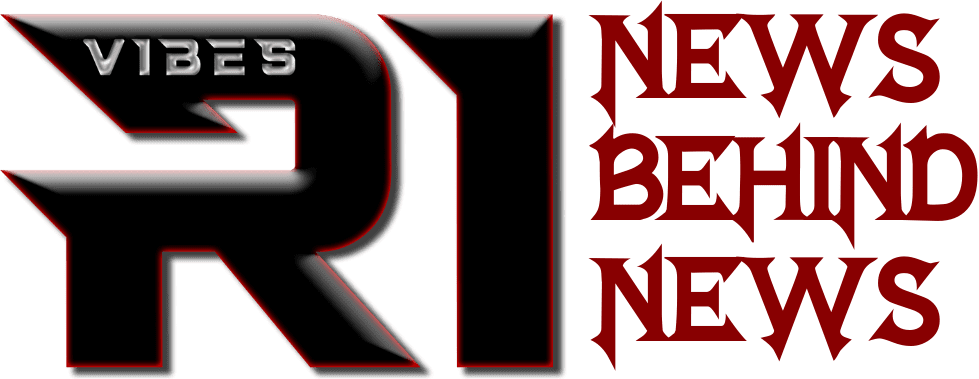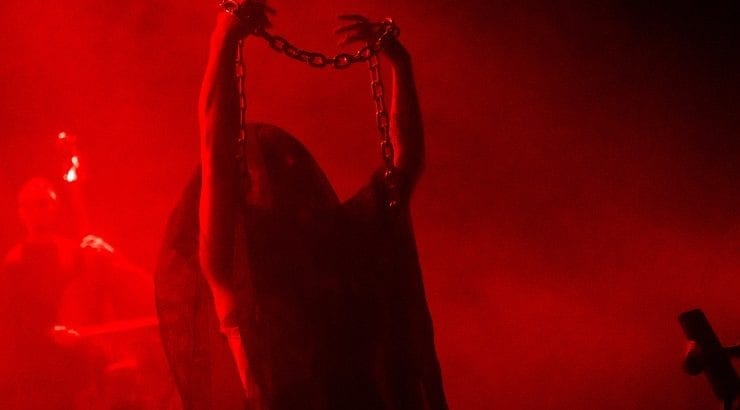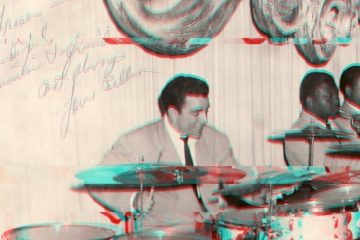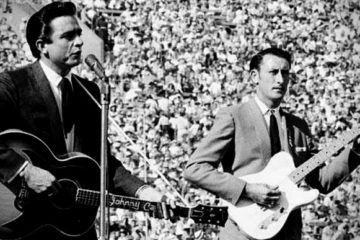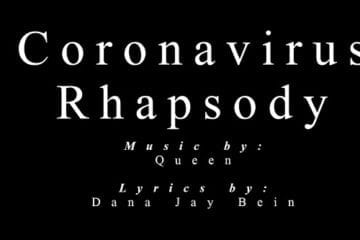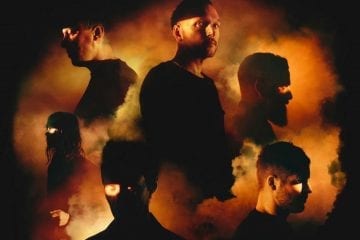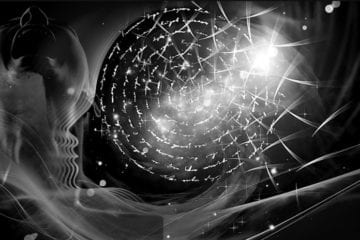In times where pure and intimate knowledge can only be conveyed through music, as is usually happens in dark times, there will always be some bards, as if they came out of history itself, to preserve and transmit the light of knowledge.
Like little lanterns, who have enclosed primordial secrets in their flame, notes will flow through the storms of darkness to reveal the true nature of life itself.
Daemonia Nymphe, like some Socratic demon, takes us to other times with the freshness of today.
Illuminating the past with purity itself, with which the greatest ideas were born.
Who are the members and what is the “matter” of Daemonia Nymphe?
Daemonia Nymphe consists of soil, water, fire, and air. We try in a way to fit all of these elements, even symbolically, into the visual part of a concert.
From the beginning of the band’s creation until today we have worked with many musicians and performers with whom we shared the same vision.
As with the artists, many have followed their own paths, some in other avenues of art, but we still remain good friends and companions.
In recent years, however, we have established partners with whom we work effortlessly and share a common aesthetic: Victoria Couper, Reyhan Yusuf, Sile Gutrod, Gizem Altinordu, Thodoris Ziarkas, Orestis G.
At this year’s concerts, we will introduce to the public two new partners, Prodromos Mystakides and Ioanna Doukas.
What was the main reason behind the creation of a difficult venture such as yours?
During our first steps, we were trying, in the vast world of sounds, to find the kind of music that was expressing us.
It seems that this was ultimately not just one, just as the source of inspiration was not just one.
Certainly, initially, the visual arts of ancient Greece were one of our main sources of influence, but our goal was never to play “ancient Greek” music.
We have always wanted to create something contemporary that will appeal to today’s audience.
How would you describe your music, in modern musical terms?
I would prefer to characterize it descriptively.
I would say it is music that is both theatrical and sometimes cinematic, with influences from Rock but also the traditional music of the Balkan Peninsula in general, which uses acoustic instruments, replicas of ancient Greek and traditional.
In modern musical terms, our music has elements of rock, ethnic and folk music.
Metal/Rock music fans have embraced your band, certainly them being some of the first ones, do you believe that ancient Greek music has things in coming with metal/rock musical expression?
We would be graphic if we said that. It is true, however, that in the metal/rock space there is a large audience of music that is “very much in search” of music, which is out of the mainstream and open to different sounds.
This I believe is the audience that embraced us and we are grateful to them.
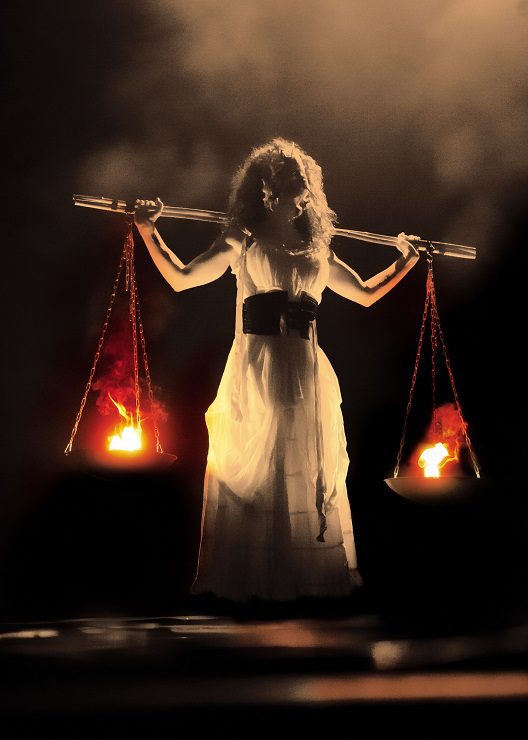
With what other contemporary music genres can your own music get combined or “married” as they say?
In music, we believe that there are no watertight and in this sense, there are no restrictions on musical “marriages”.
Basically, in the music industry, there is a constant search for a fast-food music form, “digestible” and easily recyclable, do you think you can contribute to a more permanent and indefinable musical approach?
Time will tell! What is important to us is that what we create is sincere and heartfelt.
If we rely on the etymology of the word “truth”, that is, one that cannot be forgotten, do you consider that your music honors that etymology?
In our music, there is the “truth”, as an agreement between the mind and the things. At least it is our ‘truth’.
In the end, is music’s past also its future? The question is based on the fact that often music makes its historical circles.
Nothing is born from scratch. In all arts and not just music, cultural heritage is the basis of evolution and creation.
On the other hand, especially in the arts, it makes no sense to remain attached to the past, because art is the revolution of the mind.
Do you believe that the Greek language stands in the way of international recognition or can it become a vehicle for achieving it?
I would say neither one nor the other.
On the one hand, it is self-evident that audiences can easily identify with music when it is in a language they understand, on the other…
It is precisely because we use the language more like poetry, as a tool to help create an atmosphere, the listener can identify regardless of language or nationality.
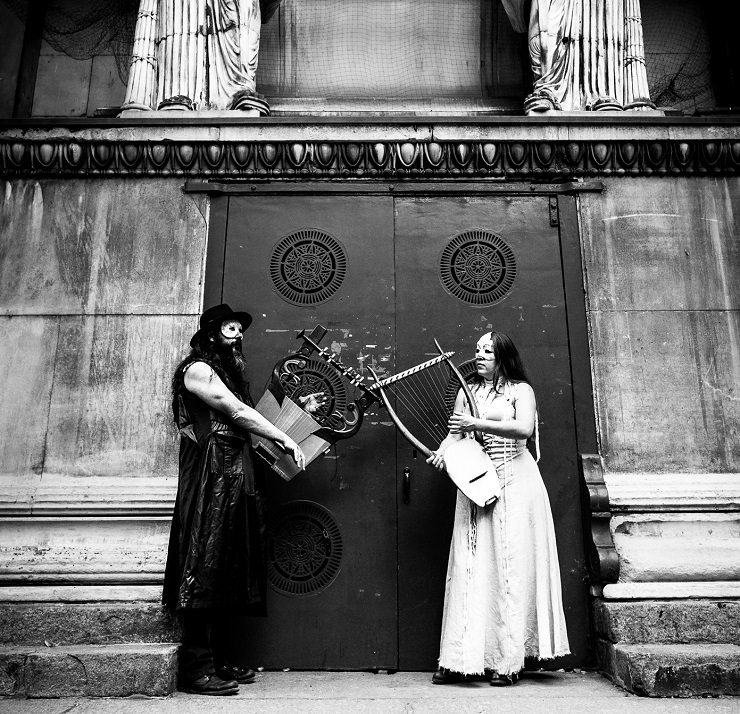
Do you think a more massive production of ancient musical instruments could also expand the audience, but create more bands that play this music?
I have the impression that a decade ago there was a much greater production of copies of ancient Greek instruments.
There are plenty of musicians involved, as are schools that teach ancient Greek lyre.
Did Greek music or other non-Greek speaking venues embrace your music more?
The Greek public is our base. This embraced us first, and we identify with this more because we have the same experiences.
Our non-Greek-speaking audience is scattered around the four corners of the globe, and in a very moving way reminds us that music is universal because it is addressed to the soul.
What would you say to a prospective viewer/listener to come and listen to you?
I would tell him that the Daemonia Nymphe will be revealed through the percussion sound, the distant song of the Sirens and the Nymphs’ aerial dance …
- Facebook: https://www.facebook.com/
DaemoniaNympheOfficial/ - Youtube: https://www.youtube.com/
daemonianymphe - Instagram: https://www.instagram.com/
daemonia_nymphe/ - Twitter: https://twitter.com/
DaemoniaNymphe - BandCamp: https://daemonianymphe.
bandcamp.com/
